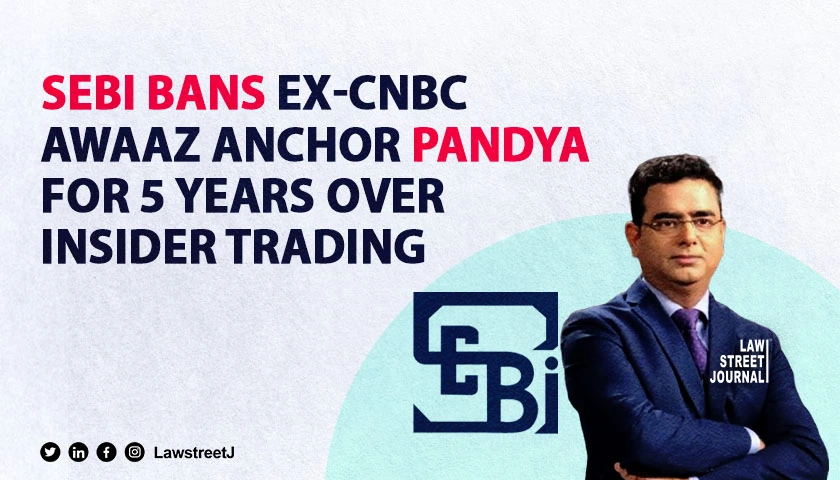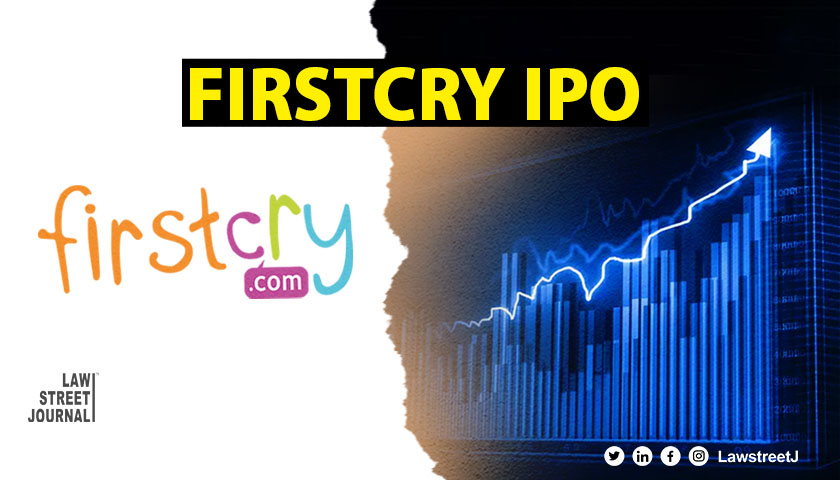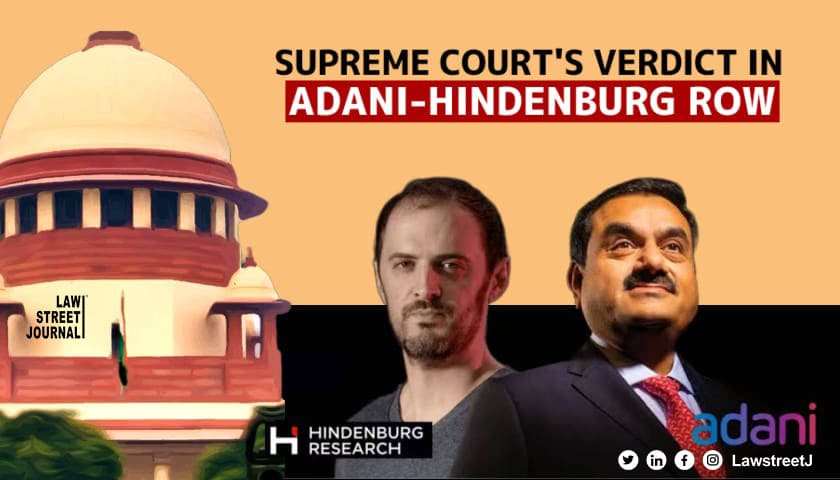New Delhi: The market regulator, Securities and Exchange Board of India (SEBI), has prohibited former CNBC Awaaz TV anchor Pradeep Pandya and seven other entities from participating in the securities market for five years. SEBI also imposed a combined fine of 2.6 crore on these entities for engaging in fraudulent trading activities.
In addition to Pandya, SEBI has banned Alpesh Furiya, Manish Furiya, Alpa Furiya, Alpesh Vasanji Furiya HUF, Manish V Furiya HUF, Mahan Investment, and Toshee Trade. Pandya and Furiya have each been fined 1 crore.
Pandya was a news anchor on the Hindi business news channel CNBC Awaaz. SEBI observed a significant correlation between the stock recommendations he made on the show Pandya Ka Funda and the Buy-Today-Sell-Tomorrow and intra-day trades executed by Alpesh Furiya and related entities from November 2019 to January 2021.
According to SEBIs final 55-page order, Pandya, while serving as an anchor for CNBC Awaaz, shared confidential information about upcoming stock recommendations with Alpesh Furiya, who reciprocated. Furiya used this privileged information to execute trades through his accounts and those of related entities, profiting before the recommendations were aired publicly.
The market watchdog also notes that Furiya shared these tips with Opu Funikant Nag in return for a salary increase.
Pandya and Furiya are ordered to cease and desist from any activities related to giving investment advice, sell or buy recommendations, and publishing research reports related to the securities market through any media, whether physical or digital, until further notice.
SEBI reported that approximately 80% of the profit generated by Furiya was due to trades synchronized with Pandyas recommendations. Furiya earned a profit of 6.74 crore, with 5.35 crore, representing 79.3% of his total profit during this period, resulting from these apparently synchronized trades.
Financial journalists, which include anchors appearing on business news channels, play a pivotal role in the financial markets by acting as trusted disseminators of market information to the public. Their insights, analyses, and recommendations are often taken at face value by a broad audience of investors who rely on this information to make investment decisions. Many instances have been pointed out in this Order where a surge in price and volume that was witnessed in the scrips immediately after the recommendations were aired on CNBC Awaaz, says SEBI.
When TV anchors engage in sharing material non-public information, as noted in this case, it not only breaches ethical standards but also distorts market dynamics. Such acts of selective information dissemination give unfair advantages to a few, undermining the principle of equal access to information. This erosion of trust can lead to a significant loss of confidence among investors, who may feel that the markets are rigged against them, SEBI says.







![SEBI suppressed material facts in Adani probe, Supreme Court told [Read Affidavit]](/secure/uploads/2023/09/lj_3587_70b0a163-cf64-4d91-adb7-290228d0098c.jpg)


![Adani-Hindenburg row: SC rejects plea to transfer probe from SEBI to SIT [Read Judgment]](/secure/uploads/2024/01/lj_2804_WhatsApp_Image_2024-01-03_at_12.08.44_PM.jpeg)






